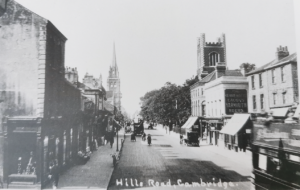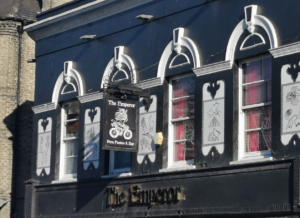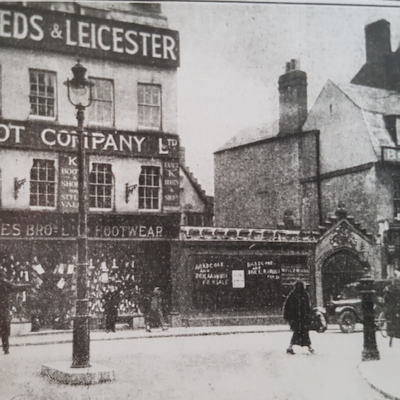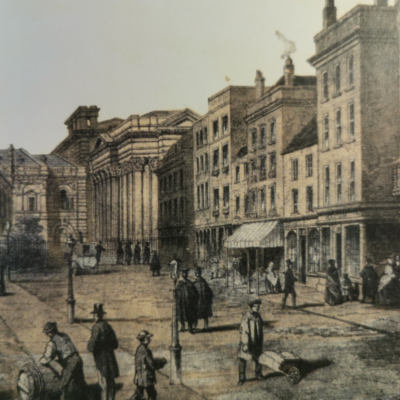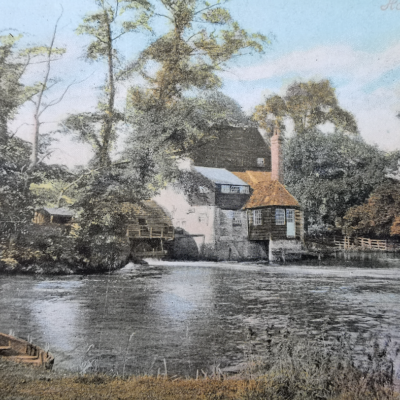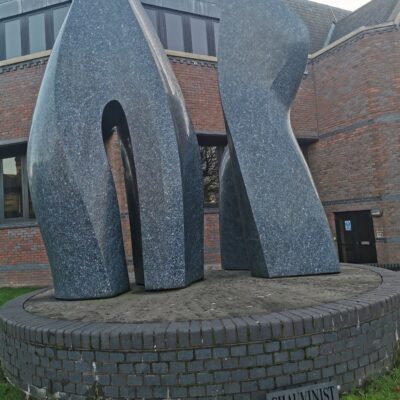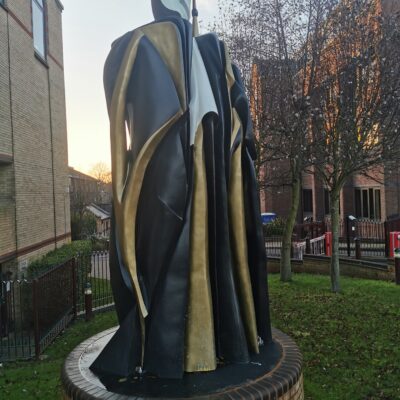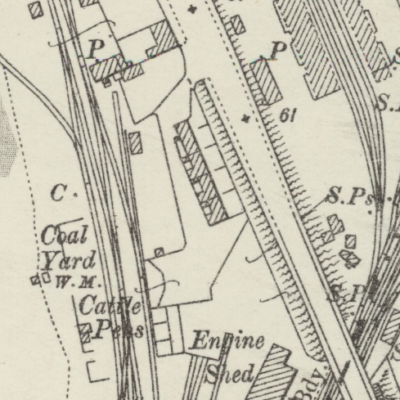Search by topic
- archaeology
- Building of Local Interest
- chapel
- charity
- church
- crime
- dressmaker
- fire
- Great Eastern Railway
- Listed building
- Mapping Relief
- medieval
- oral history
- poverty
- Public House
- Religious House
- Roman
- scholar
- school
- Then and Now
- tudor
- women
- work
- world war one
- world war two
Search by text
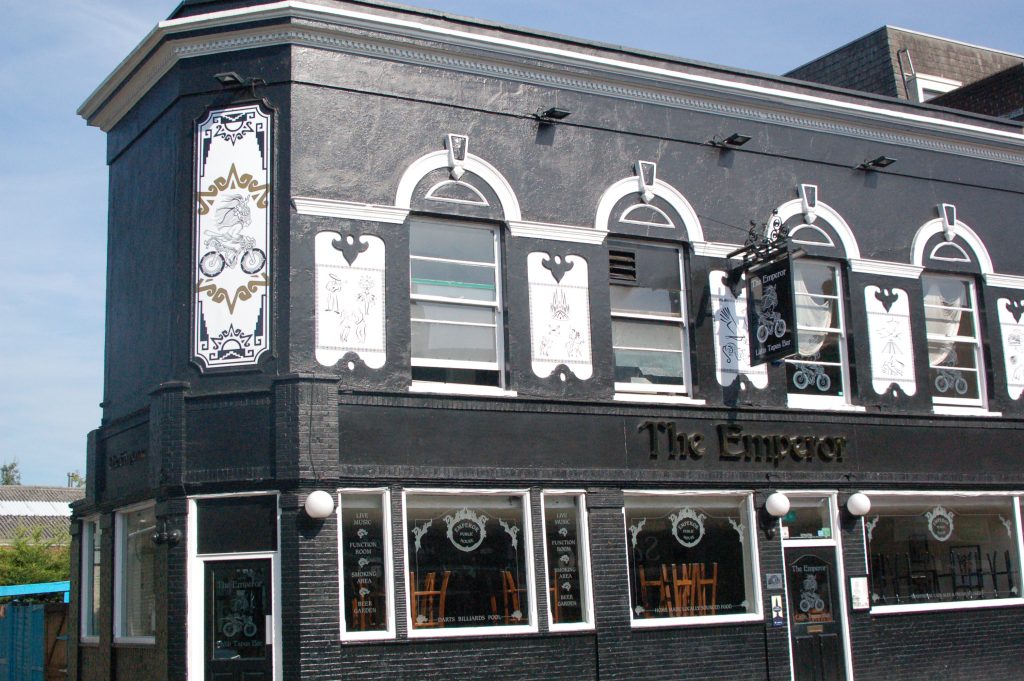 Hills Road Cambridge Emperor
Hills Road Cambridge Emperor21 (60) Hills Road, Globe Hotel/Inn, Emperor
History of 21 Hills Road
1861
(60 Hills Road)
Thomas Knott, 58, corn and coal merchant and cow keeper employing a son and a man, born Ickleton
Jane, 61, attendant to dairy, born Shepreth
Richardson, 22, corn and coal porter and milkman, born Cambridge
Jeremiah Brock, visitor, 58, house painter, born Shepreth
Susan Thurlborn, servant, 16, servant, born Girton
1871
(60 Hills Road – Beer Shop)
Richardson Knott, 32, publican and corn dealer, born Cambridge
Ellen Maria Turner, servant, 19, born London
1881
(60 Hills Road)
Edward Gittus, 35, publican, born Suffolk
Hannah
Albert E
Flora
Herbert
Alice Lucock, 18, servant, born Wisbech
1891
Hannah M Gittus, widow, 43, manageress Globe Inn, born Portsmouth
Albert E, 19, born Portsmouth
Flora B T, 13, born Portsmouth
Herbert J, 12, born Cambs
Percy L, 7, born Cambs
Fanny E, 4, born Cambs
Lydia Wright, 30, servant, born Saffron Walden
1901
John Rogers, 51, licensed victualler, born Cambs
Martha, 48, born Kent
Frederick John Watson, visitor, 45, corn merchant, born Hunts
Hannah Watson, visitor, 35, born Chatteris
Rose Holdich, 19, servant, born Somersham
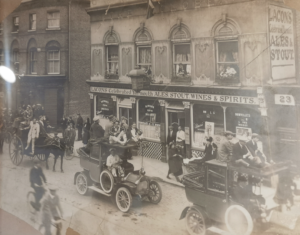
The Globe, 21 Hills Road, 1910. A mock funeral organized for a student who has been sent down. The student is taken to the station in a hearse. (MoC)
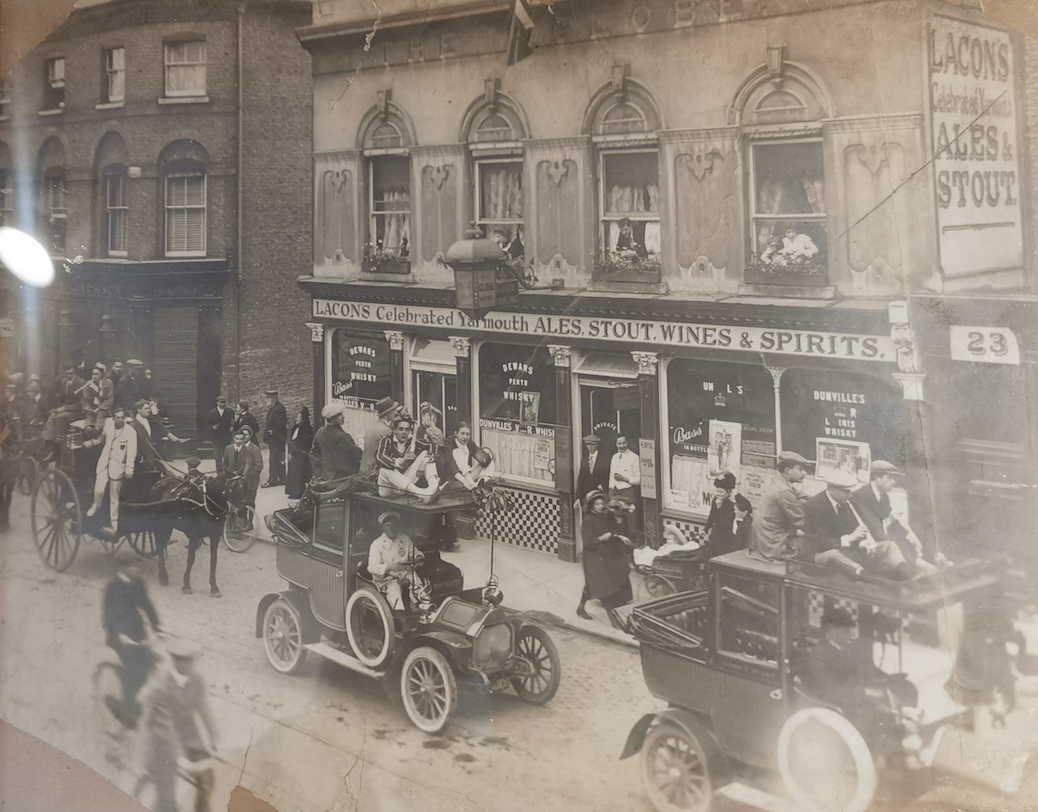
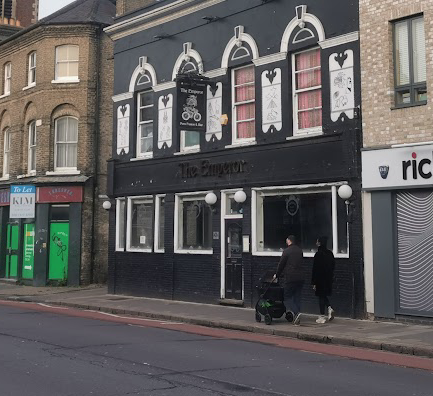
1911
Henry Wingfield Willis, 29, licensed victualler, born Middlesex
Maud Mary, 28, born Essex
Roy Haworth Wingfield, 3 3/4, born Middlesex
Thomas Richard Dickinson, visitor, 31, commercial traveller, born York
Clara Isabella Gordon, visitor, 30, licensed victualler’s wife, born Essex
1913
(21, The Globe)
George Wrapson
1926
The most serious WWII damage in this area was on 24th February (Shrove Tuesday) 1941 when when German bombers flew in very low and made a concentrated attack on the section of Hills Road between the church and the war memorial. Ten were left dead, mainly at The Globe and Bull’s Dairy. An important consignment of tanks was being unloaded that night at the station and the precision of the attack has fuelled rumours ever since that the Germans had intelligence, possibly from the agent Jan Ter Braak who was known to have been operating in Cambridge at the time. At 11pm a 50kg high explosive bomb exploded on the roof of the Catholic church’s sacristy; it blew a six foot hole in the roof and a similar sized hole in the wall of the Sacred Heart Chapel. (Catholics in Cambridge ed. Rogers)
The Globe Ale House closed in 2010 but was reopened under the name The Emperor.
Contribute
Do you have any information about the people or places in this article? If so, then please let us know using the Contact page or by emailing capturingcambridge@
Licence
This work is licensed under CC BY-NC-SA 4.0





